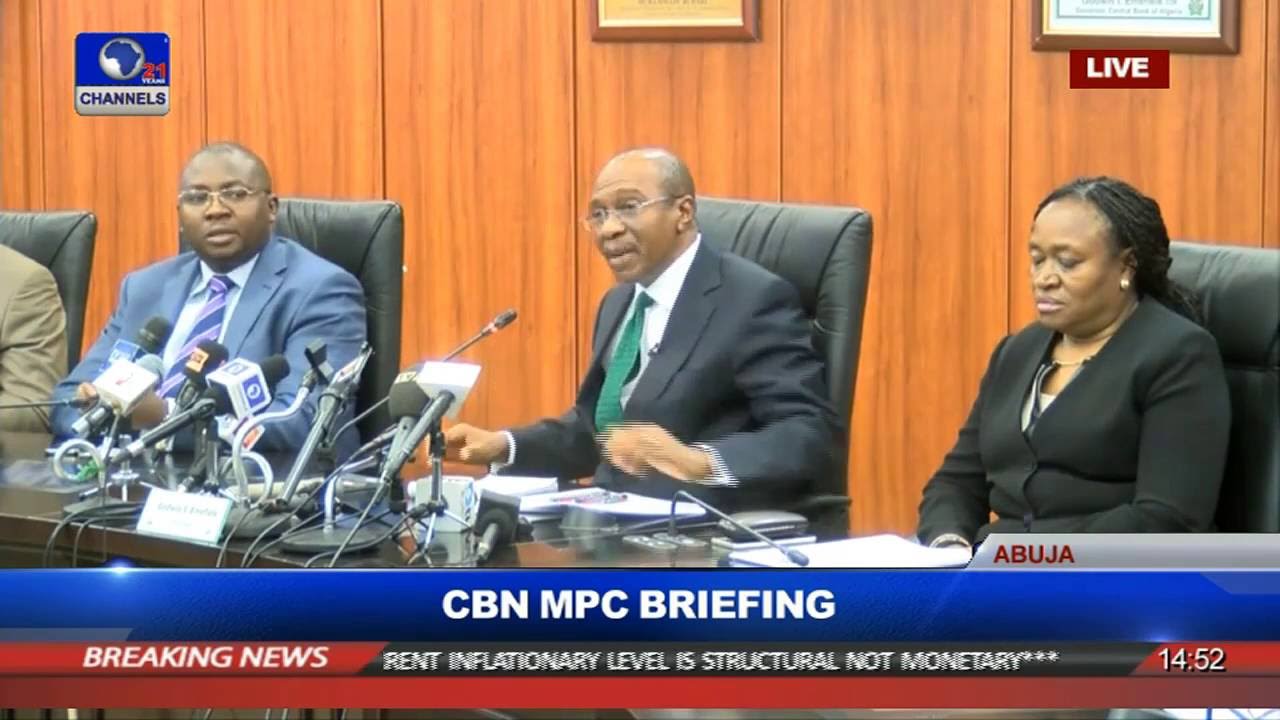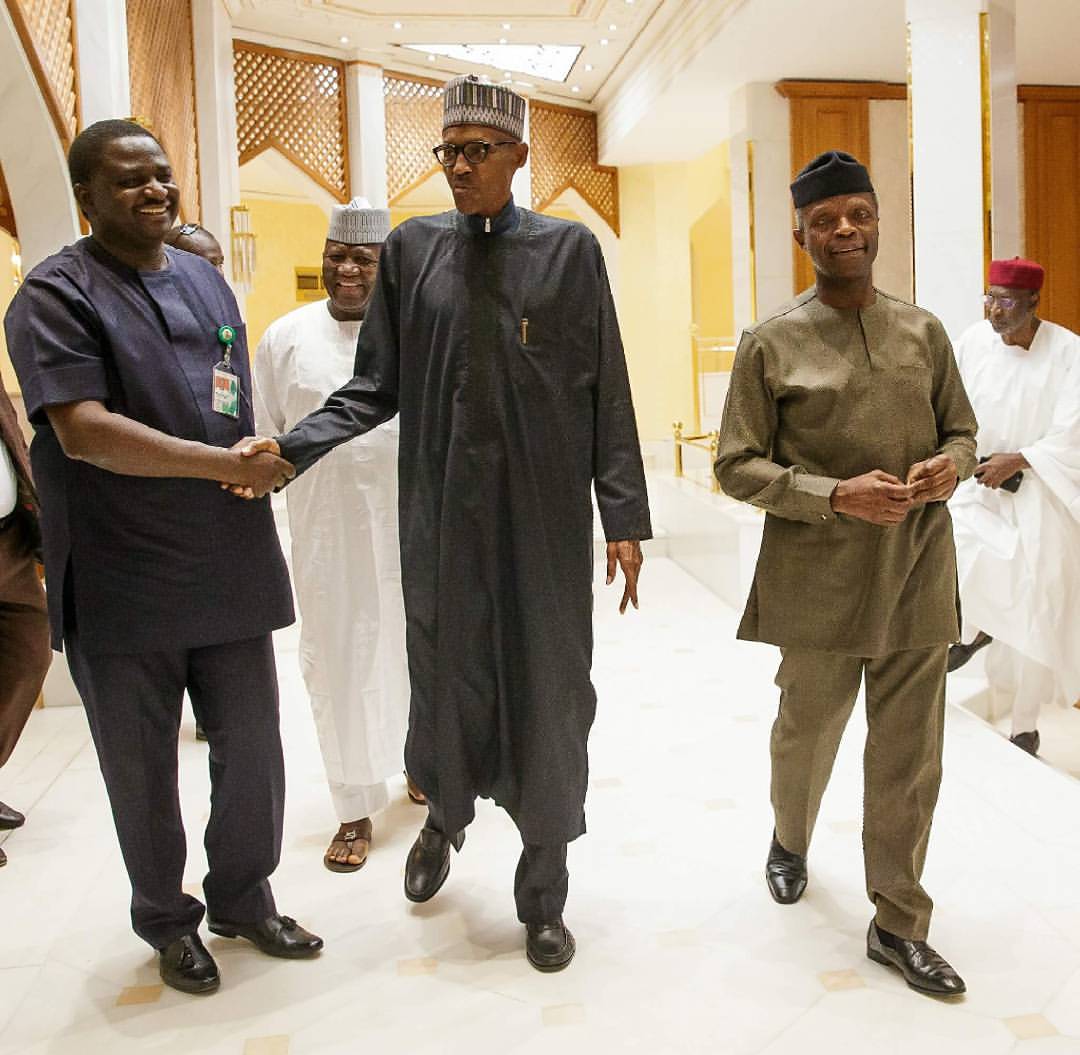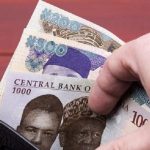Economy
Analysts Seek Urgent Reforms to Avert Another Recession in Nigeria
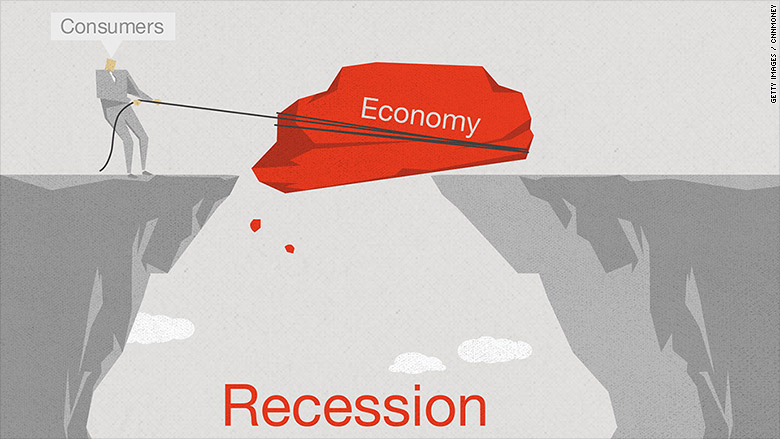
By Dipo Olowookere
The desperate need for the Nigerian government to come up with policy and structural reforms to avert another economic recession in Nigeria has been emphasised by analysts at United Capital Research.
In their daily market report on Tuesday, the financial and investment services power house said Nigeria and South Africa, the two biggest economies in Africa, must return to a sustainable long medium term growth.
On Tuesday, data from South Africa’s statistical agency, Statistics South Africa (Stats SA), showed that in addition to a steeper 2.6 percent q/q Gross Domestic Product (GDP) contraction recorded in Q1-18, the country’s GDP fell further by 0.7 percent q/q in Q2-18 – technically pushing the nation into recession.
United Capital Research, in its report titled ‘African Giants: Why are the mighty falling?’ it was disclosed that the South African recession came in a period where Nigeria, another African giant, recorded a further slowdown in its Q2-18 GDP growth to 1.5 percent after crawling out of recession in Q2-17, noting that this trend underscores the fragility of its economic recovery, prompting the above question.
While the Nigerian economic slump of 2016 and the recent Q2-18 slowdown are resulting effects of downturns in the Oil sector, the recent South African economic collapse is traced to massive output declines in the Agriculture, Trade and Manufacturing sectors. Also, strengthening dollar, escalating trade tensions and routs across emerging markets, added to the worries of African giants during the period – especially South Africa.
“However, both countries face serious structural obstacles which include high unemployment rates and policy stagnation. Thus, we believe that for these African giants to return to a sustainable long medium term growth, there is a desperate need for policy and structural reforms,” the report said.
Economy
NASD Bourse Climbs 0.40% as Market Cap Hits N2.189trn
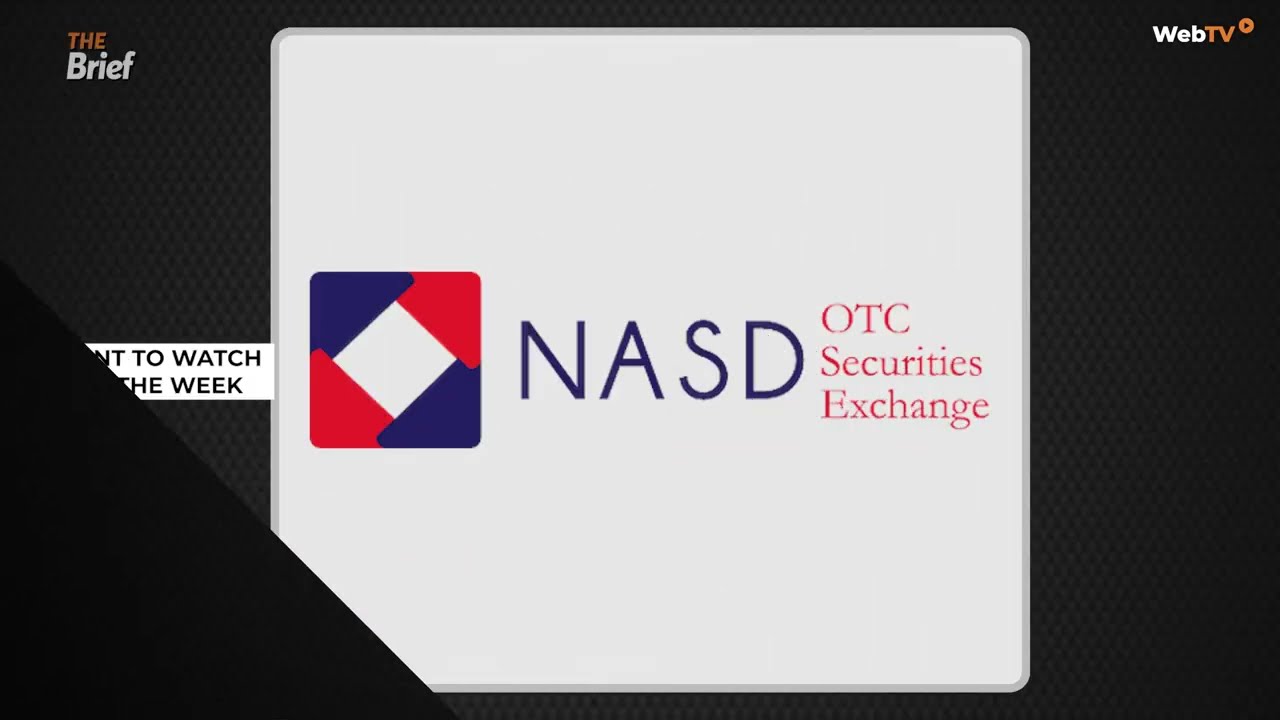
By Adedapo Adesanya
The NASD Over-the-Counter (OTC) Securities Exchange climbed further by 0.40 per cent on Thursday, August 28, with the market capitalisation rising by N8.64 billion to N2.189 trillion from the N2.181 trillion quoted at the preceding session, and the NASD Unlisted Security Index (NSI) expanding by 14.45 points to 3,659.70 points from the 3,645.25 points posted a day earlier.
Data from the alternative stock exchange showed that two securities appreciated and four securities depreciated at the close of transactions.
The price of Central Securities Clearing System (CSCS) was up by N3.00 to N50.00 per unit from N47.00 per unit, and Industrial and General Insurance (IGI) Plc gained 6 Kobo to end at 66 Kobo per share compared with the 60 Kobo per share it ended at midweek.
However, FrieslandCampina Wamco Nigeria Plc lost N2.73 to settle at N65.46 per unit compared with the previous day’s N68.19 per unit, NASD Plc depreciated by N1.56 to N27.89 per share from N29.45 per share, Lagos Building Investment Company (LBIC) Plc went down by 27 Kobo to N3.08 per unit from N3.35 per unit, and Afriland Properties Plc declined by 5 Kobo to quote at N19.85 per share, in contrast to the previous day’s N19.90 per share.
Yesterday, the volume of securities traded by investors shrank by 99.0 per cent to 535,298 units from 53.3 million units, the value of securities plunged by 91.2 per cent to N9.3 million from N106.2 million, and the number of deals decreased by 12.8 per cent to 34 deals from 39 deals.
At the close of business, Okitipupa Plc was the most traded stock by value on a year-to-date basis with 158.7 million units sold for N5.9 billion, trailed by Air Liquide Plc with 507.3 million units worth N4.2 billion, and FrieslandCampina Wamco Nigeria Plc with 44.4 million units valued at N1.9 billion.
IGI Plc was the most active stock by volume on a year-to-date basis with 1.2 billion units transacted for N402.9 million, followed by Impresit Bakolori Plc with 536.9 million units traded for N524.8 million, and Air Liquide Plc with 507.2 million units valued at N4.2 billion.
Economy
Naira Appreciates to N1,535/$1 on Forex Liquidity Boost
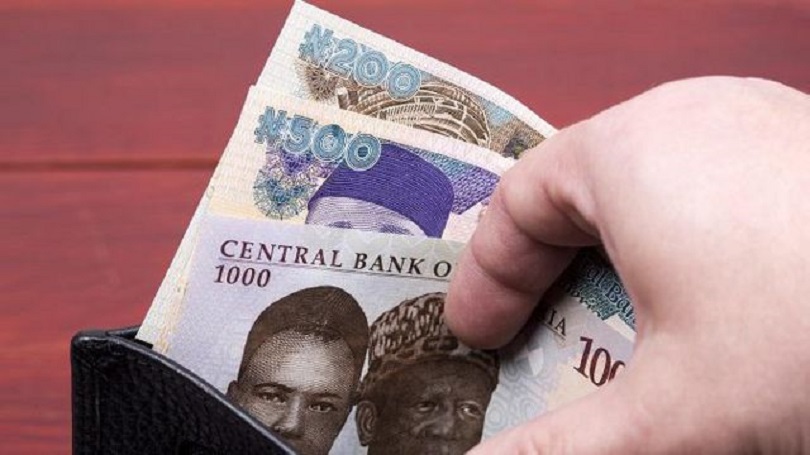
By Adedapo Adesanya
The Naira appreciated against the US Dollar in the Nigerian Autonomous Foreign Exchange Market (NAFEM) on Thursday, August 28, by N1.58 or 0.1 per cent to N1,535.61 from the N1,537.19/$1 it was traded a day earlier.
However, the local currency depreciated against the Pound Sterling in the official market during the session by N9.67 to trade at N2,076.42/£1 compared with the preceding day’s N2,066.75/£1 and lost N12.58 against the Euro to close at N1,781.93/€1, in contrast to the previous day’s value of N1,781.93/€1.
In the parallel market, the exchange rate of the Naira and the Dollar remained unchanged yesterday at N1,545/$1.
Fresh injection of FX from investors further helped to ease demand pressure on the local currency as the Central Bank of Nigeria (CBN) conducted another open market operation on Wednesday and offered N300 billion in OMO bills that will mature in 83 days for subscription.
After a successful outing earlier on Tuesday, the CBN floated another single-tenor OMO bill for subscription at the primary market. Foreign portfolio investors and local banks played actively again at the auction, which saw about a threefold subscription against the offer size.
Details from the auction results revealed that aggregate demand was robust, as reflected in a bid-to-offer ratio of over 290 per cent. Investment bankers said aggregate subscriptions reached N860 billion.
As for the cryptocurrency market, it was in red as traders carried out profit taking, turning to gold, which has found a boost over lower interest rates and weaker US Dollar.
Gold had neared its record high of $3,534 hit earlier this month on fears (now allayed) that Swiss gold bars would fall under punitive White House tariffs against Switzerland.
During the trading day, Ripple (XRP) slumped by 3.0 per cent to $2.90, Cardano (ADA) declined by 2.7 per cent to $0.8442, Ethereum (ETH) fell by 1.9 per cent to $4,472.12, Bitcoin (BTC) crumbled by 1.5 per cent to $111,198.46, Dogecoin (DOGE) depreciated by 1.4 per cent to $0.2201, and Litecoin (LTC) dipped by 0.7 per cent to $112.66.
Inversely, Solana (SOL) gained 2.2 per cent to sell at $215.01, and Binance Coin (BNB) expanded by 0.2 per cent to $870.28, while the US Dollar Tether (USDT) and the US Dollar Coin (USDC) closed flat at $1.00 apiece.
Economy
Sell-Offs Persist on NGX as All-Share Index Falls Below 141,000 points
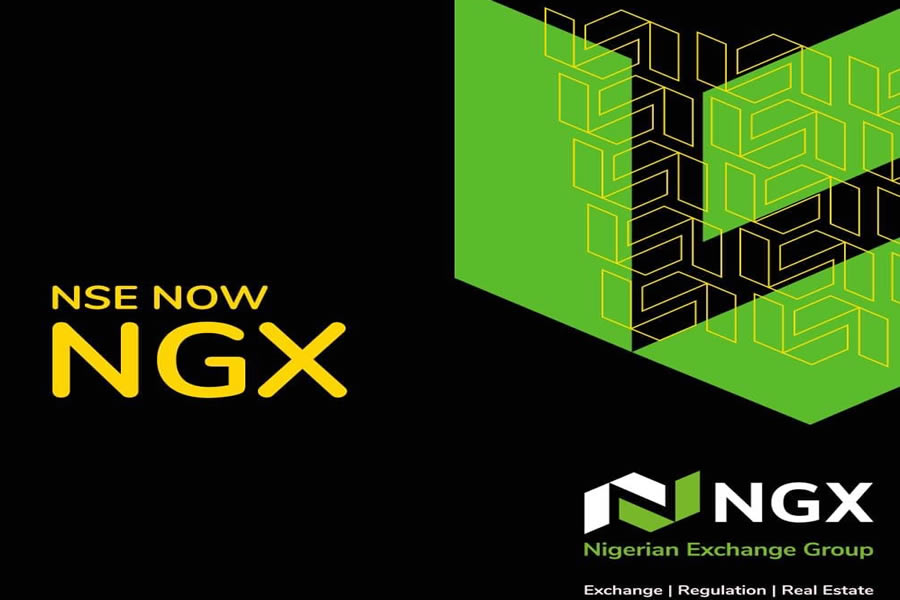
By Dipo Olowookere
The Nigerian bourse further depreciated by 0.49 per cent on Thursday in the absence of a positive market trigger as selling pressure deepened.
Data from the Nigerian Exchange (NGX) Limited showed that apart from the insurance space, which improved by 0.44 per cent and the commodity index, which closed flat, every other sector was in red.
The banking industry was down by 1.41 per cent, the consumer goods sector declined by 0.92 per cent, the industrial goods counter slumped by 0.45 per cent, and the energy counter lost 0.02 per cent.
Consequently, the All-Share Index (ASI) slipped by 691.52 points to 140,557.24 points from 141,248.76 points and the market capitalisation contracted by N438 billion to N88.935 trillion from N89.373 trillion.
International Energy Insurance was the worst-performing stock after it fell by 9.62 per cent to N3.29, Omatek lost 8.97 per cent to trade at N1.32, Ellah Lakes depreciated by 8.49 per cent to N13.68, Royal Exchange moderated by 6.98 per cent to N2.00, and Sunu Assurances crashed by 6.42 per cent to N5.54.
Conversely, SCOA Nigeria appreciated by 10.00 per cent to close at N6.05, RT Briscoe jumped by 9.80 per cent to N3.36, NEM Insurance grew by 7.96 per cent to N31.20, NGX Group expanded by 7.94 per cent to N57.80, and McNichols increased by 7.04 per cent to N3.80.
Business Post reports that there were 19 price gainers and 39 price losers at Customs Street yesterday, indicating a negative market breadth index and weak investor sentiment.
During the session, investors traded 885.0 million shares worth N28.3 billion in 26,163 deals versus the 682.9 million shares valued at N22.2 billion traded in 28,695 deals on Wednesday, representing a shortfall in the number of deals by 8.82 per cent and a leap in the trading volume and value by 29.59 per cent and 27.48 per cent apiece.
The busiest equity for the day was Champion Breweries with 201.1 million units sold for N3.5 billion, Access Holdings exchanged 102.2 million units worth N2.8 billion, GTCO traded 96.5 million units valued at N8.9 billion, Sterling Holdings sold 90.8 million units for N726.6 million, and First Holdco transacted 46.3 million units worth N1.5 billion.
-

 Feature/OPED6 years ago
Feature/OPED6 years agoDavos was Different this year
-
Travel/Tourism9 years ago
Lagos Seals Western Lodge Hotel In Ikorodu
-

 Showbiz3 years ago
Showbiz3 years agoEstranged Lover Releases Videos of Empress Njamah Bathing
-

 Banking7 years ago
Banking7 years agoSort Codes of GTBank Branches in Nigeria
-

 Economy2 years ago
Economy2 years agoSubsidy Removal: CNG at N130 Per Litre Cheaper Than Petrol—IPMAN
-

 Banking2 years ago
Banking2 years agoFirst Bank Announces Planned Downtime
-

 Sports2 years ago
Sports2 years agoHighest Paid Nigerian Footballer – How Much Do Nigerian Footballers Earn
-

 Technology5 years ago
Technology5 years agoHow To Link Your MTN, Airtel, Glo, 9mobile Lines to NIN




